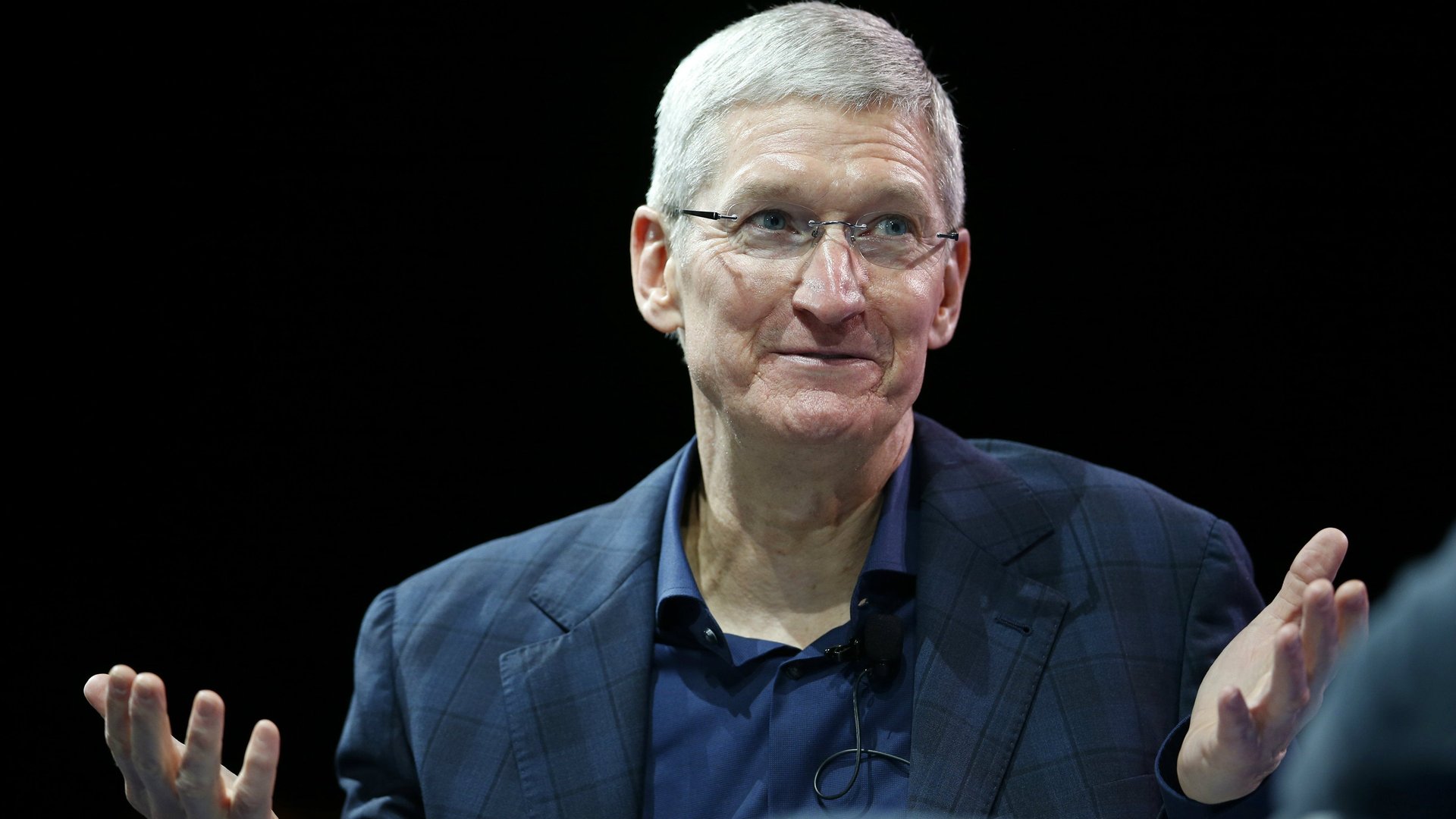The tiniest tweak to Apple’s supply chain can wreak financial ruin on its suppliers
For a company worth $750 billion, it’s not such a big deal to terminate a $76 million annual contract. But for the supplier losing that contract, it could be a different story. Just ask Imagination Technologies. Today, the microchip designer is paying the price for putting all its eggs in one basket. Or, in this case, apples.


For a company worth $750 billion, it’s not such a big deal to terminate a $76 million annual contract. But for the supplier losing that contract, it could be a different story. Just ask Imagination Technologies. Today, the microchip designer is paying the price for putting all its eggs in one basket. Or, in this case, apples.
More than 40% of the British chip company’s revenues last year came from Apple. For years, the US tech giant used Imagination’s chip designs in its products, dating all the way back to the iPod. In fact, a year ago Apple was in talks to buy the company outright.
Today, Imagination said Apple would soon stop using the company’s technology. Instead, Apple wants to design its own graphics chips, cancelling the royalty payments it sends to Imagination as a result.
While the £60.7 million ($76 million) Apple spent with Imagination last year is a rounding error for the tech giant, it is the lifeblood of the smaller British supplier. Indeed, when the London market opened today, Imagination’s share price promptly plummeted by nearly 70%.
It is hard to understate the importance of Apple to Imagination’s business. “Only once has Imagination declared an operating profit of more than £20m, so it seems possible that without Apple’s contribution, Imagination might never have been profitable,” Steve Clayton, a fund manager at Hargreaves Lansdown, wrote in a note today.
But Imagination won’t go down without a fight. The firm threatened potential legal action in a statement today:
Apple has not presented any evidence to substantiate its assertion that it will no longer require Imagination’s technology, without violating Imagination’s patents, intellectual property and confidential information. This evidence has been requested by Imagination but Apple has declined to provide it.
You can’t blame them. The company was coming off of a deep restructuring, following a series of losses (paywall) related to weaker shipments at Apple. A turnaround in Apple’s recent fortunes, and the promise of a major product revamp in the near future, suggested that better times were ahead.
Setting aside the possibility of a legal challenge, the move was not without a cost for Apple. The group holds 8.5% of Imagination’s shares, so the decline in its share price today erased around £57 million from Apple’s stake. Again, this is unlikely to keep Apple’s boss Tim Cook awake at night.
But there are plenty of Apple suppliers like Imagination who aren’t resting easy. Foxconn, for example, reported its first drop in yearly sales since 1991 last week after Apple shifted business away from the Taiwanese manufacturer. Bloomberg notes that 16 companies derive at least half of their revenue from Apple, and they will all be watching nervously as the iPhone maker continues to tinker with its supply chain.